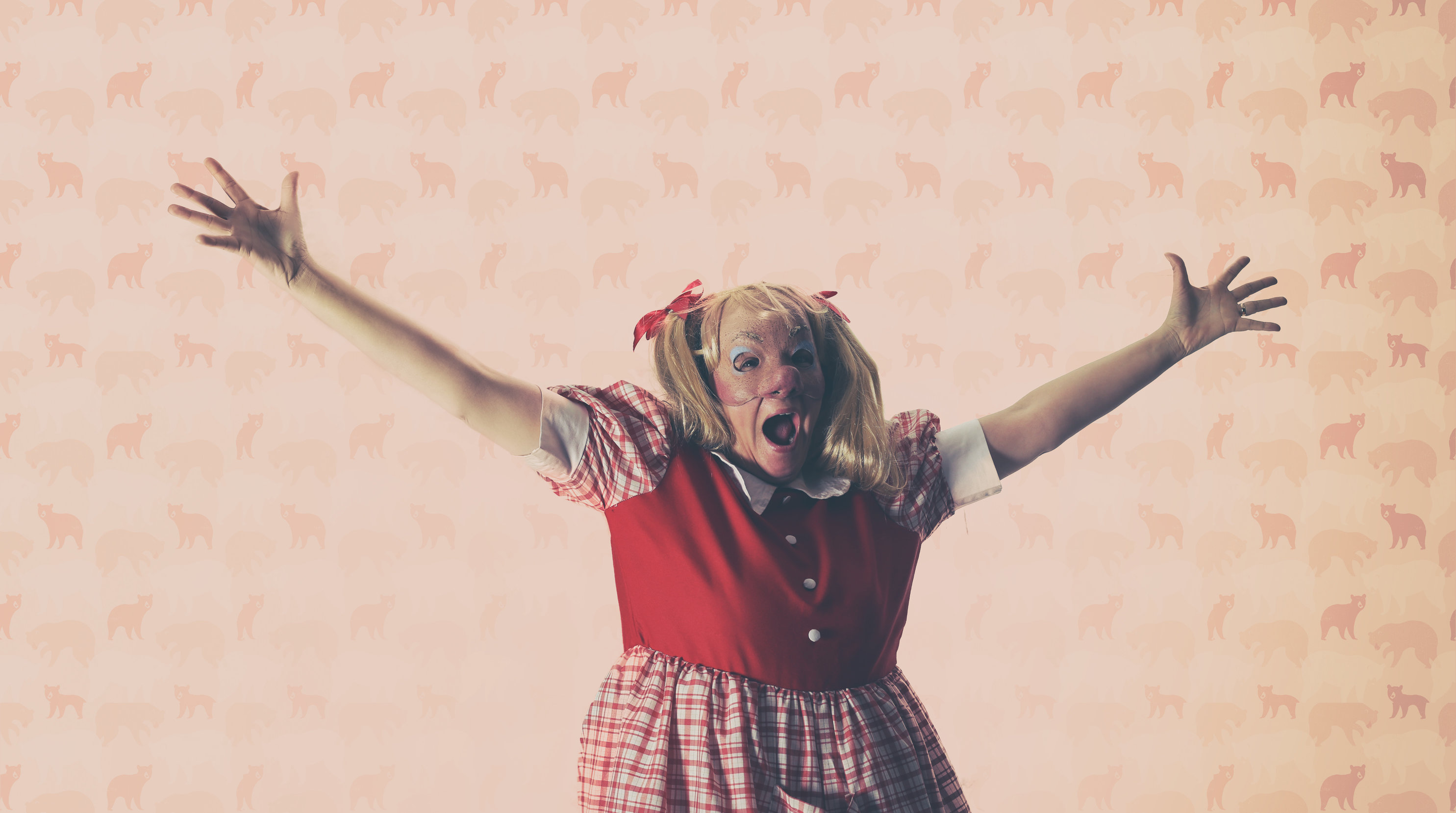Puppets, masks, and a whole lot of theatre magic – Sitara is an English Theatre and Entertainment venue nestled in the heart of New Cairo, run by an all-female team. Founded in 2008 by Emma Davies, Sitara has been offering wonderfully constructed children’s performances based on beloved fairytales and children’s stories such as The Frog Prince and The Gruffalo – in addition to original shows tailored to specific seasons such as Christmas and Ramadan. “When I was working as a teacher, I noticed that there wasn’t much theatre for children,” says Davies when asked about what inspired her to open Sitara, “and one day I went to Fagnoon and I just loved the place, and I remember thinking, wouldn’t it be amazing if there was some place like this but for performing arts as opposed to visual arts.” A British native, Davies studied theatre and obtained her MA in Theatre Studies in the UK before moving to Egypt. After graduating, she continued to work as an actress, whilst mainly specializing in theatre that was for both children and adults, as well as some theatre for special needs. After having moved…
Sitara: Pulling up the Curtain on the World of Children’s Theatre
January 23, 2020




